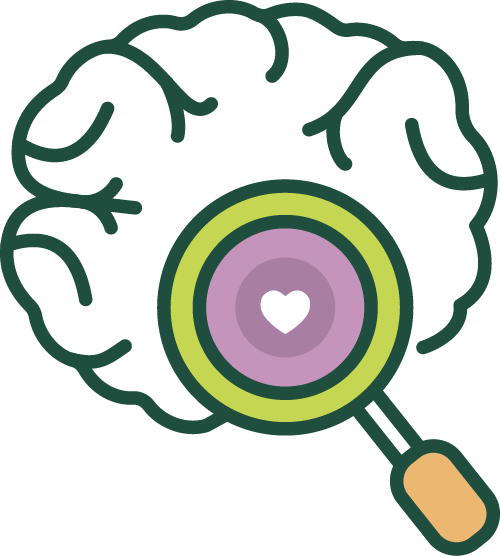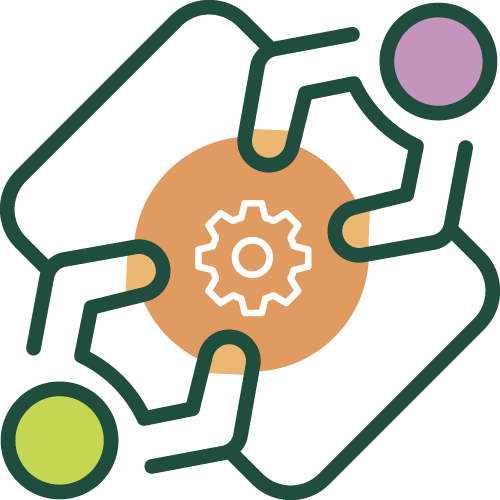At its core, ABA is a methodology that applies evidence-based teaching strategies to effect positive and meaningful changes in behavior. This approach is grounded in decades of research, underscoring its effectiveness not only for children with autism spectrum disorders but also for individuals facing a wide array of behavioral challenges. ABA’s goal is to enhance skill acquisition and foster appropriate behaviors while reducing behaviors that may interfere with learning or social interaction.
ABA therapy is tailored to meet the unique needs of each individual, focusing on teaching appropriate behavior and reducing problematic behaviors. This might include aggression, self-injury, tantrums, and other specific challenges. The adaptability of ABA methods allows for personalized treatment plans that resonate with the child and their family, ensuring a path toward significant improvement.
Echoing the sentiments of a Report of the Surgeon General, “Thirty years of research demonstrated the efficacy of applied behavioral methods in reducing inappropriate behavior and in increasing communication, learning, and appropriate social behavior.” This endorsement highlights the profound impact ABA can have on enhancing the quality of life for those it serves.
We embrace a tiered model approach to delivering ABA therapy. This structured model ensures comprehensive support and oversight throughout the therapy process, involving two key roles:

Our BCBAs are responsible for conducting initial evaluations of clients, taking into account family concerns and observations made during direct interaction. They develop personalized goals and objectives, create detailed treatment plans, and provide training for caregivers and RBTs. Additionally, BCBAs oversee the implementation of treatment protocols, ensuring fidelity and effectiveness.

RBTs work closely with clients, providing direct one-on-one therapy based on the treatment plans developed by the BCBA. This hands-on approach allows for real-time adjustments and personalized support, directly addressing the goals set forth in the treatment plan.

This collaborative model ensures that each client receives the highest level of care, with treatments that are both evidence-based and deeply personalized.
At Higher Ground ABA, we are committed to fostering growth, learning, and independence through our dedicated application of the ABA model, making a lasting difference in the lives of those we serve.